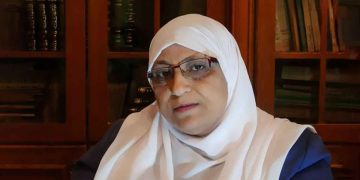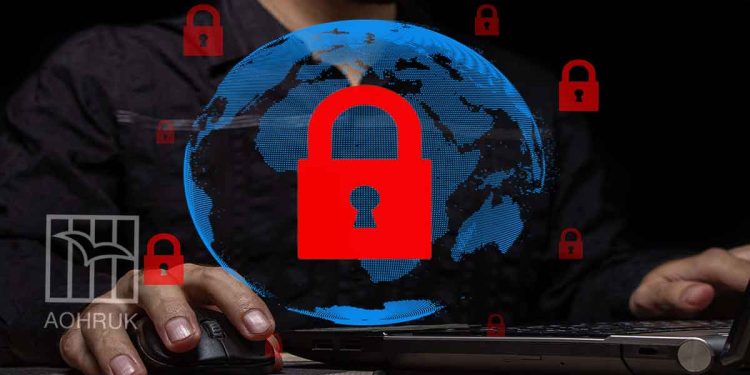Jordan – Freedom of expression under attack as govt’ blocks 12 media websites
The Jordanian Media Commission has announced the blocking of 12 foreign news websites, citing the alleged spread of “media toxins” and “insults to Jordanian symbols and national stability.”
The banned websites include well-known platforms across the region and internationally, such as Middle East Eye, Raseef22, Arabi21, Arabi Post, Meem Mir’atuna, Shehab News, Quds Press, Noon Post, Al Shaoub, Rassd, and Sawt Al Urdun (Voice of Jordan).
The decision was issued without providing detailed legal justification or specifying any particular content deemed offensive, as claimed by the Commission. This raises serious concerns about the politicisation of media censorship and its use as a tool to restrict opinion and criticism, particularly when it concerns state performance, human rights issues, or public policy.
The pretext cited by the Commission, “safeguarding national media security”, reinforces a vague and expansive notion of security, often used to justify curbing fundamental freedoms, foremost among them freedom of expression and access to information. Such terms are frequently employed as a legal cover to suppress critical and dissenting voices, even when those voices adhere to professional standards and address issues objectively and independently.
According to Article 19 of the International Covenant on Civil and Political Rights, to which Jordan is a party, everyone has the right to freedom of expression. This includes “the freedom to seek, receive and impart information and ideas of all kinds, regardless of frontiers, either orally, in writing or in print, in the form of art, or through any other media of his choice.”
While the Covenant permits certain restrictions in limited cases—such as incitement to violence or hatred; these restrictions must be necessary, proportionate, and clearly defined. They are not to be used broadly to silence dissent or block the exchange of opinion.
Many of the blocked sites, especially Middle East Eye and Raseef22, are known for their balanced reporting and for providing space for in-depth societal debates on freedoms, identity, and politically or economically sensitive issues in the region, including Jordan. There is no documented record of these outlets publishing fabricated or inciteful content against the Jordanian state.
At a time when the Jordanian government claims to be combating misinformation, it is engaging in practices that undermine the very essence of transparency and media credibility, by imposing blanket bans on alternative media outlets that offer diverse audiences access to a broader spectrum of views often absent from state-run media.
The decision to block 12 media websites not only marks yet another setback for media freedom in Jordan but also reflects an alarming drift towards controlling public discourse, rather than fostering responsible critique and open debate. Website blocking is one of the weakest responses to free expression and one of the clearest signs of political short-sightedness.


























